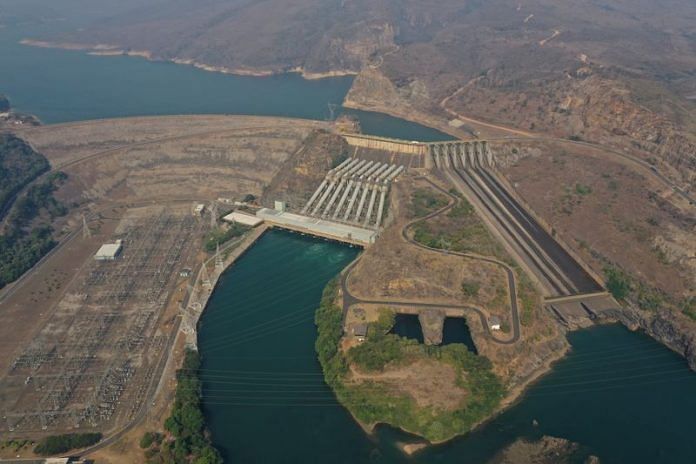By Rodrigo Viga Gaier and Leticia Fucuchima
RIO DE JANEIRO/SAO PAULO (Reuters) -Brazilian energy authorities have approved bringing back daylight saving time, a senior official said on Thursday, to save energy as the country faces a major drought that has hit power generation.
Before it goes into effect, reinstating daylight savings time will need to be backed by President Luiz Inacio Lula da Silva.
A prolonged drought in Brazil has affected some of the country’s largest hydroelectric plants, including two fed by an Amazonian river, forcing a shift to more energy imports and driving up power bills.
Despite the growth of wind and solar power in Latin America’s largest economy, more than half its electricity still comes from harnessing the power of rivers and lakes.
Reservoir levels near major hydroelectric plants in key southeastern and center-west areas are expected to end September at below 50%, as the region’s rainfall drops to less than half of normal levels.
By moving clocks forward an hour between November and February, daylight saving time would make use of more daylight hours and ease pressure on peak power consumption in the late afternoon when solar plants stop generating as the sun sets.
Former President Jair Bolsonaro abolished daylight savings in 2019, arguing it was no longer benefiting the power sector.
Mines and Energy Minister Alexandre Silveira told reporters on Thursday that national grid operator ONS recommended bringing back daylight savings time and an energy committee representing energy entities approved the potential move.
But the minister also expressed some doubts, saying he wanted to evaluate alternatives, even though earlier this week he appeared to signal his support for bringing back daylight savings time, describing it as “a very pressing reality.”
Some sectors cheered the possible switch to the previous policy.
Bars and restaurants back the move, as local association Abrasel estimates the extra hour of daylight would help increase clients from 6-8 p.m. and boost monthly revenue by at least 10%.
Moving clocks forward by one hour, however, would complicate airline flight schedules while incurring additional costs to relocate crews.
(Reporting by Rodrigo Viga Gaier in Rio de Janeiro and Leticia Fucuchima and Roberto Samora in Sao Paulo; Writing by Gabriel Araujo and Andre Romani; Editing by Marguerita Choy, David Alire Garcia and Sonali Paul)
Disclaimer: This report is auto generated from the Reuters news service. ThePrint holds no responsibilty for its content.



